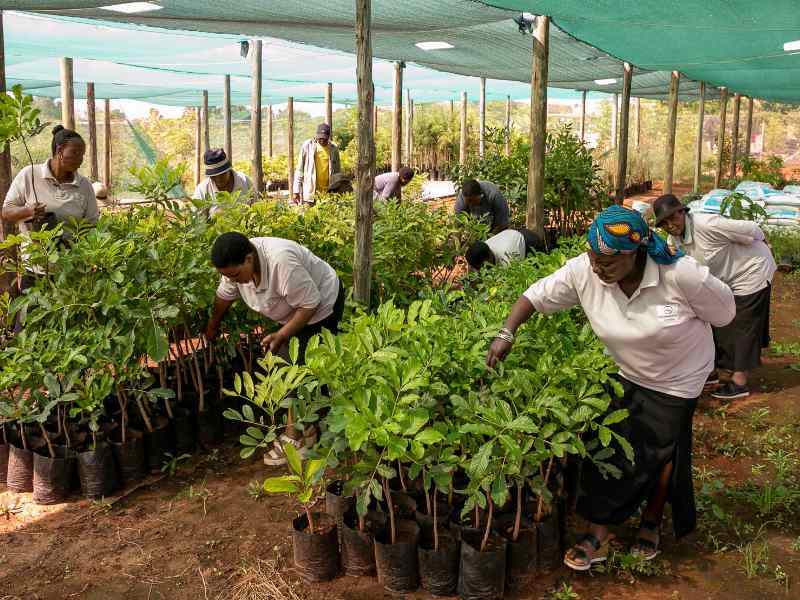Working class communities face big challenges in their efforts to form mutual aid or community solidarity projects. These mutual aid projects range from community gardens, reading clubs, or disaster relief, which are important for community development and community resilience.
One of the main obstacles is the lack of skills and education among community members. Many residents in these communities have not completed school or received the necessary skills to develop or sustain mutual aid projects. A lack of skills or knowledge in organising, facilitating, and conflict resolution, makes it difficult to start and grow community solidarity projects.
Access to land is another critical issue. In Kliptown and Eldorado Park, equitable land distribution remains a big problem in the community.
“Without land, creating community gardens or other agricultural projects that can provide needed nutrition in the community becomes impossible, we are often sent from pillar to post when asking about vacant land spotted in our community,” said Romana Peters, a community activist from Eldorado Park.
The lack of equitable land hinders the community’s ability to achieve food security and self-reliance.
Another big obstacle is securing enough funding and resources to start and maintain these projects. The financial instability amongst community members in Kliptown makes it even harder for these projects to get established. This is caused by high unemployment and economic hardship faced by many community members.
“Not having money has made it difficult to start any project in our community, because many residents are taken up with their daily struggles, leaving little time or energy to dedicate themselves to those project[s]”, said Thabani Zondi, a resident at Johnson stop, Kliptown.
Health and safety concerns are another layer of difficulty in these communities, this is caused by limited access to healthcare services such as decent clinic services and availability of medication in the clinics, “last week, someone fainted in the clinic queues at Eldorado Park, this happened after the person had been waiting almost 3 hours for medical assistance, not even one nurse came to help her. Sick people in the lines assisted the person”, added Romana Peters.
These problems and neglect by public health care professionals are a big obstacle to individuals’ ability to participate and benefit from mutual aid projects.
Despite these challenges, the people in working class communities continue to seek solutions and work towards building stronger and united communities.
This article was submitted on 24 June 2024. You may republish this article, so long as you credit the authors and Karibu! Online (www.Karibu.org.za), and do not change the text. Please include a link back to the original article.


 Download PDF
Download PDF